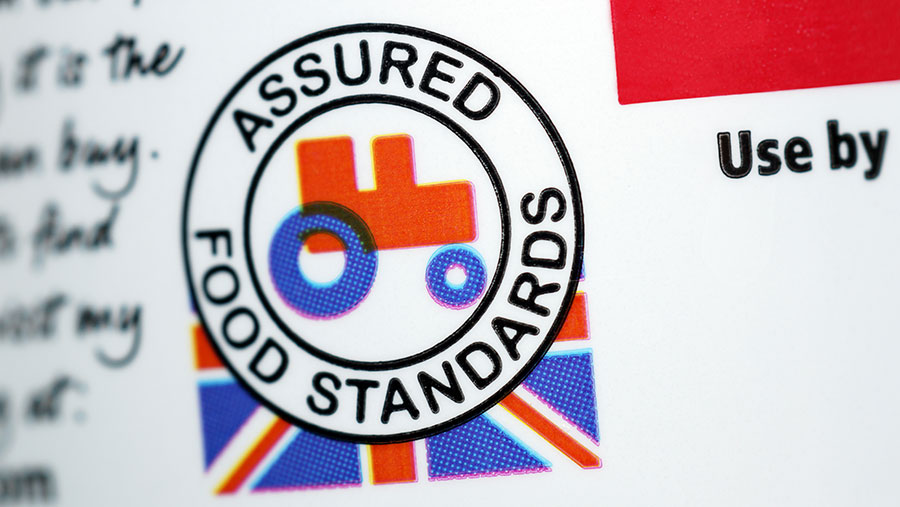Countryfile Live: Strong support for high-welfare meat
 © E. M. Welch/REX/Shutterstock
© E. M. Welch/REX/Shutterstock Visitors to Countryfile Live would be willing to pay more for meat and dairy produced to higher welfare standards after Brexit, according to a straw poll.
During a debate on the price of food on Thursday (3 August), the audience of some 120 people was asked if they would be prepared to pay 20% more for grass-fed beef, lamb and dairy.
A show of hands revealed a large majority would pay the premium in supermarkets for high-quality food produced by British farmers.
See also: Michael Gove accused of U-turn over cheap food
Over the past few weeks, there has been much debate in the media about animal welfare and food standards after Brexit.
In particular, discussions about whether the UK government should accept lower-standard imported foods, such as chlorinated chicken and hormone-fed beef from the US.
Defra secretary Michael Gove has said there will be no dilution of food standards after Brexit.
But the Cabinet is understood to be split on the matter, with international trade secretary Liam Fox reportedly open to US imports of chlorine-washed chicken.
Countryfile presenter Tom Heap, who hosted the debate in a large tent on Blenheim Palace’s parkland, asked panellist David Main, professor of animal welfare at the School of Veterinary Sciences at the University of Bristol, whether the UK should be concerned about the welfare of cheap meat coming from overseas.

Countryfile Live at Blenheim Palace
“Certainly, we should. That’s the biggest issue at the moment,” said Prof Main. “But it’s reassuring that the politicians consistently are saying animal welfare matters and they want to ensure our standards.
“I think it’s very important that we, as citizens, hold those politicians to account so they deliver on that promise.”
Consumer hypocrisy?
Panellist Kathleen Kerridge, an author who has experienced food poverty, said she tended to buy cheaper meat with more fat because she could not afford to spend lots of money feeding her husband and four children.
“It’s always pork, always British,” she added. “I won’t buy any meat that is not from Britain because our welfare standards are higher.
“It’s worth that extra few pence. I would rather eat less meat and know where my meat comes from.”
Mr Heap questioned whether UK consumers were hypocritical concerning their meat choices as people are buying more chicken and pork, which is produced more intensively, whereas consumption of beef and lamb is largely going down.
“We’re saying we want high welfare, but we are not buying the kind of animals that enjoy the higher welfare. We are buying the animals that are more industrially produced,” he added.
National food policy
Tim Lang, professor of food policy at City, University of London, said this conflict highlighted the need for a national food policy.
“In public health, we are given very clear advice to reduce red meat consumption, particularly processed red meat products and to actually eat more pork and chicken – but those are the animals that are more intensively farmed,” he added.
Prof Lang said the public should shift to more plant-based diets, such as fruit and vegetables, and eat less meat.
Suffolk grower Andrew Blenkiron said the UK population is increasing, so the production of beef and lamb still needs to be maintained.
But he admitted: “I’m very worried about the movement to intensive sectors. In this country, we are doing an incredibly good job of producing meat to the highest welfare standards.
“I’m slightly concerned about the movement away from high welfare lamb and beef that is produced in this country.
“But you (Tom Heap) have highlighted why that is, because pork and chicken is so much cheaper and people are buying on a budget.”
The Price of Food debate will be aired on BBC Radio 4’s Farming Today programme on Saturday (5 August).
